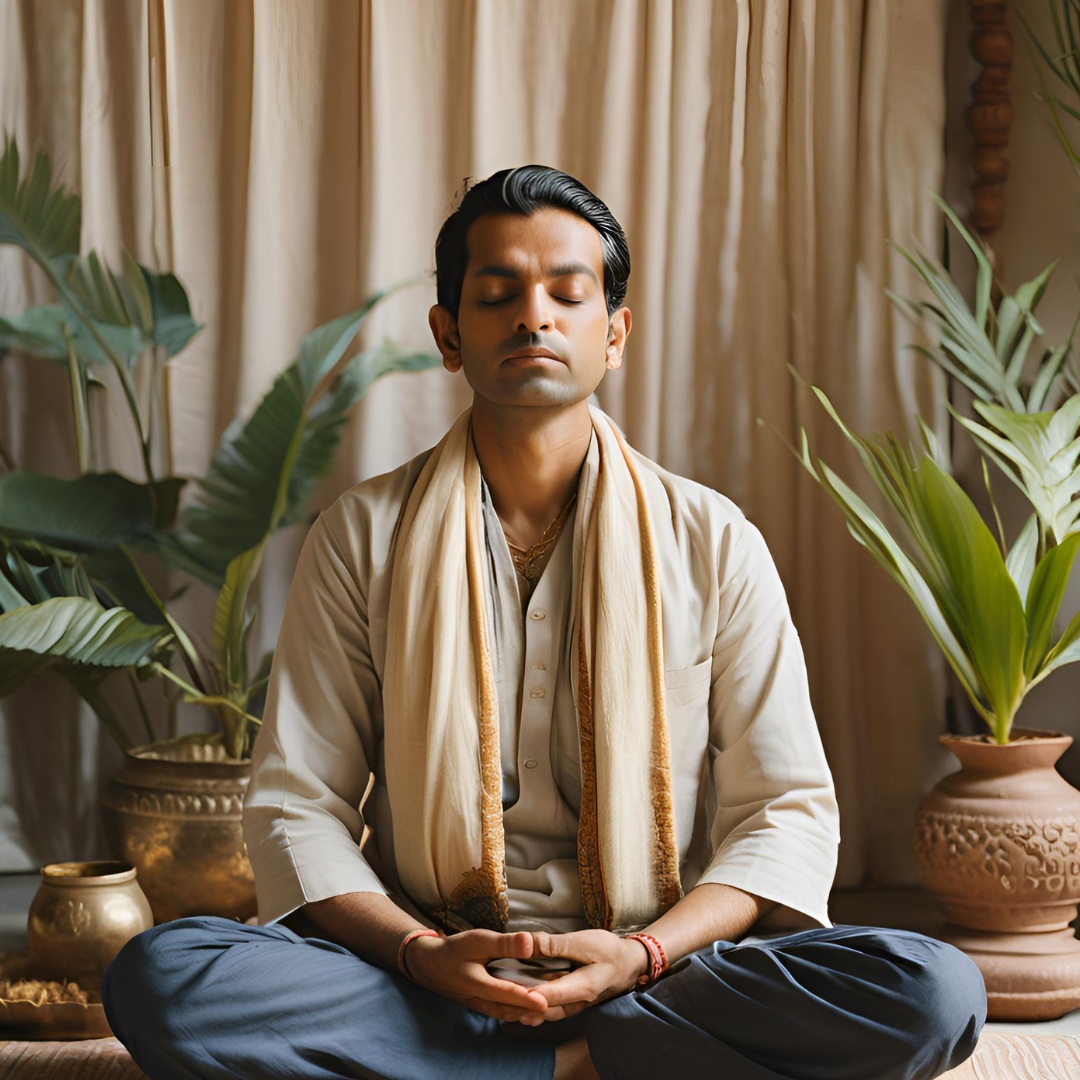Disclosure:
Thank you for reading this post, don't forget to subscribe!
Some of the links on this website are affiliate links. This means that if you click on the link and make a purchase, we may receive a small commission at no extra cost to you. Your support helps us keep the site running.Learn more on my Privacy Policy and Affiliate Disclosure page. Thank you for your support!

Getting enough quality sleep is more than just a luxury—it’s essential for physical health, mental clarity, and emotional well-being. Yet, in today’s fast-paced world, many of us struggle to achieve truly restorative sleep. This comprehensive guide offers proven sleep optimization techniques to help you rest better, feel better, and live better.
Why Sleep Optimization Matters
Sleep isn’t just a passive state of rest; it’s an active process that affects every system in your body. Quality sleep enhances cognitive function, supports a healthy immune system, and regulates mood. Poor sleep, on the other hand, has been linked to a host of health issues, including weight gain, depression, and chronic illnesses like diabetes and heart disease.
Recent Post:
Proven Sleep Optimization Techniques
1. Create a Consistent Sleep Schedule
Our bodies thrive on routine. Going to bed and waking up at the same time every day helps regulate your internal clock, making it easier to fall asleep and wake up refreshed.
- Pro Tip: Use a sleep tracking app to monitor your sleep patterns and make gradual adjustments to align with your natural circadian rhythm.
2. Craft the Perfect Sleep Environment
Your bedroom should be a sanctuary for sleep. Optimize your space by keeping it cool, quiet, and dark.
- Tips:
- Invest in blackout curtains to block out light.
- Use a white noise machine to drown out disruptive sounds.
- Maintain a room temperature between 60-67°F (15-19°C).
3. Embrace Sleep Hygiene
Good sleep hygiene involves cultivating habits that promote deep, restorative sleep.
- Strategies:
- Avoid caffeine and alcohol within six hours of bedtime.
- Limit screen time at least an hour before bed to reduce exposure to blue light.
- Develop a relaxing pre-sleep ritual, such as reading or meditation.
For more tips on relaxation techniques, check out this article on meditation and wellness.
4. Optimize Your Diet
What you eat affects how well you sleep. Incorporate foods rich in magnesium, such as nuts and leafy greens, and avoid heavy meals close to bedtime.
- Bonus Tip: Drinking a warm cup of chamomile tea can signal your body that it’s time to unwind.
5. Exercise Regularly
Exercise promotes better sleep by reducing stress and regulating your body’s energy levels. Aim for moderate activity during the day but avoid vigorous workouts too close to bedtime.
For a deeper dive into how exercise benefits your sleep, visit our post on exercise and mental health.
6. Mind Your Mental Health
Stress and anxiety are common culprits of sleepless nights. Consider mindfulness practices like journaling or deep breathing exercises to calm your mind.
Learn about scientifically proven relaxation techniques to support mental well-being.

7. Consider Sleep Technology
From smart mattresses to wearable sleep trackers, modern technology can help optimize your sleep. These tools provide valuable insights into your sleep patterns, helping you identify and address areas for improvement.
The Science Behind Sleep Cycles
Understanding your sleep cycles can empower you to make more informed decisions about your rest. Each night, your body goes through several sleep cycles, each lasting about 90 minutes and consisting of four stages:
- Light Sleep: Eases you into slumber.
- Deep Sleep: Critical for physical recovery and memory consolidation.
- REM Sleep: Supports brain health and emotional regulation.
Pro Tip: Aim for 7-9 hours of sleep per night to complete 4-5 full cycles for optimal rejuvenation.
Troubleshooting Common Sleep Problems
If you’re practicing good sleep hygiene but still struggling, it might be time to consult a sleep specialist. Conditions like insomnia or sleep apnea require professional intervention.
External Source: Visit Mayo Clinic for expert advice on managing chronic sleep disorders.
Final Thoughts
Sleep optimization isn’t a one-size-fits-all solution. It takes time and experimentation to discover what works best for your unique needs. The rewards—a healthier, more energized, and balanced life—are well worth the effort.
Which sleep optimization technique will you try first? Share your thoughts in the comments below! For more wellness tips, explore our resources at MorningScape Mindset Media.
more about:
HEALTH / WELLNESS / FITNESS / NUTRITION
Share this article













